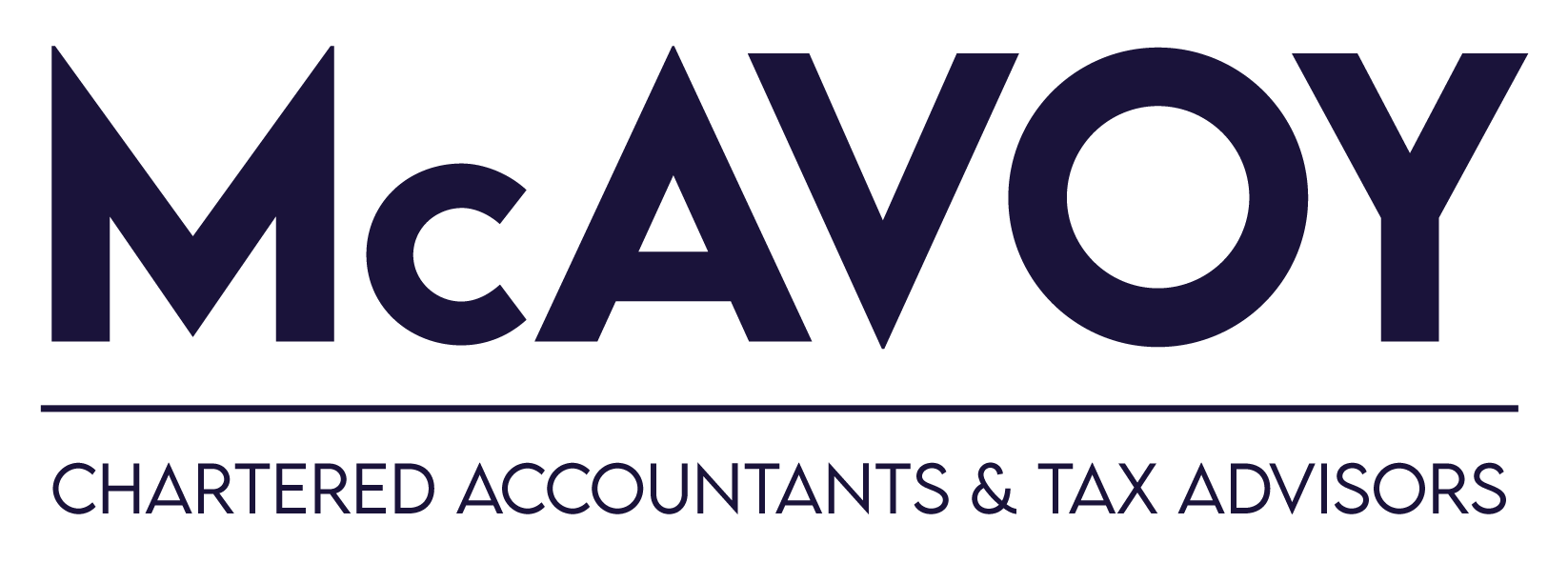This is the first in a series of articles that we are publishing on tax-effective Will planning. Further articles will be published on our website at regular intervals.
Inheritance Tax in Ireland
Inheritance Tax is charged on those inheriting assets by the Capital Acquisitions Tax Act, an Act that also charges tax on gifts. As the name of the Act suggests, the tax is charged on the person who receives, or is deemed to receive, an inheritance or gift.
Inheritances and gifts from a spouse are exempt from the charge to tax. For other classes of beneficiaries there are tax-free thresholds that are divided into three classes. The most important of these is the parent-child threshold that at the time of writing provides a lifetime allowance for inheritances and gifts taken since 5 December 1991 from both parents of €335,000.
Market Values or After-Tax Values, Which do you Use?
When thinking about making a Will it’s always best to keep in mind that there’s only two places that your assets can go. The first is to your loved ones and the second is to the Revenue. Your task, to put it simply, is to prioritise the former over the latter.
Let’s start with the first rule. When making a Will be sure to take competent professional advice before putting pen to paper. There are too many opportunities and pitfalls in Inheritance Tax law for you to try some DIY Will planning. For example, surprising as it may sound, while the nominal rate of CAT is 33%, the effective rate of tax can range between 0%, 3.3%, 30% or the standard rate of 33%.
When bequeathing your assets to the next generation, you’ll need to pay attention not only to the market value of each asset but also to likely effective rate of tax the asset is likely to attract and hence to the after-tax value of the asset. This is because of the multiplicity of Ireland’s effective rates. Thus a child that is bequeathed shares that qualify for the maximum level of Business Relief might pay an effective rate of 3.3% whereas a child who is bequeathed an investment property might pay 33%.
In a further article we will look into the conditions for achieving these privileged rates of tax.
Passive Assets for Girls and Business Assets for Boys?
In this day and age you’ve got to be kidding if you divide assets in this way. Ireland has come a long way over the past generation and society no longer thinks in gender stereotypes. If you’re in business and have business assets to bequeath, your first job is to consider matching those assets with the children to whom they are best suited.
To do this properly you will need to consider and then to consult. In other words you will need to involve your children in the process and take account of their circumstances and their aims.
After all this, you’ll need to behave fairly so that no child is disadvantaged and all will understand that you did the best job you could possibly have done.
Of course if it becomes impossible to satisfy everyone, you can take steps to draft the Will in such a way as to allow the children to decide but usually this is done only as a last resort.
We are Living Longer than ever before
According to the statistics from the World Bank, average life expectancy in Ireland in 1970 was 71 years. Irish babies born this year are expected to live to age 93 on average. We need to think about statistics like this in various ways since they impact on health, employment, pensions and many other areas of life.
For Will planning increasing longevity sometimes brings opportunity. It’s becoming common to see adult children in their late 50s or 60s inheriting their parents’ estates at a time when their own children are already adults. In cases like this, if middle aged parents have already utilised their parental tax exempt thresholds and do not need additional capital, they might have been advised to encourage their own parents to skip a generation, bequeath assets to their grandchildren and in this way allow the wider family to avoid a double charge to Inheritance Tax.
Generally speaking, young adults have more need of capital than middle aged adults. For one thing they may have growing families and may be exposed to all the expense that this brings, not to mention the possible need for more spacious housing. And there’s nothing like putting capital into the hands of those who need it most.
You Can’t Just Set and Forget
Everyone’s circumstances change and with change of circumstance will come the need to revise your Will. It’s extraordinary the number of people who will tell you that they don’t need to make a Will as they made one twenty or thirty years ago. Budget for taking a hard look at your Will every 5 years. At least then you will not run the risk of saddling your successors with totally inappropriate bequests.
If you need help and advice in doing some tax-effective Will planning, feel free to contact any member of our tax team on 021 4321321 or e-mail Stephanie Kirby, Dara Burke or Joe McAvoy on info@mcavoy.ie.
*This article is written in general terms and should not be relied on as a comprehensive summary of the relevant tax law. Advice should always be sought before any action is taken.

